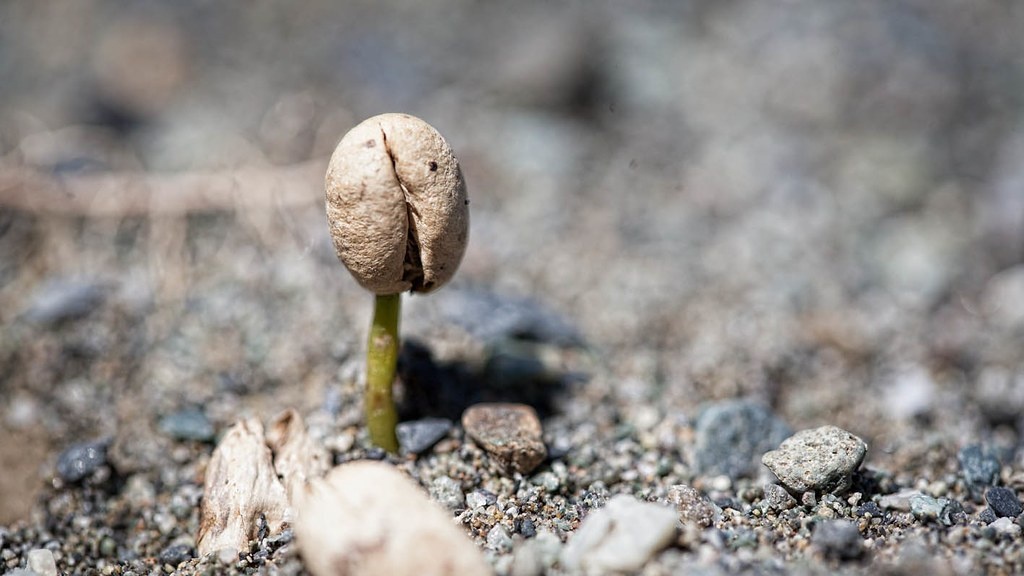Negative Side Effects Of Drinking Coffee Too Late
Everybody loves coffee, however drinking it too late can disrupt our body’s natural circadian rhythm. The circadian rhythm is a 24-hour body clock that responds to light and darkness and helps regulate our natural sleep and wake cycles. Coffee has caffeine which is a powerful, natural stimulant that can cause us to feel energised, alert and productive.
When caffeine enters our system, it blocks the release of adenosine, a hormone that our body naturally produces to signal it’s time to sleep. As a result, caffeine can give you a boost of energy. But the effects of caffeine don’t last forever, and if you drink it too late, you may inadvertently disrupt your sleeping schedule and experience side effects that can ruin your productivity the next day.
It’s biologically recommended that you avoid drinking coffee after 3 pm if you want it to still be effective. That’s because drinking coffee late can interrupt our body’s natural rhythm and make it harder to get a good night’s sleep. According to registered dietitian nutritionist and author, Felicia Stoler, “Caffeine has a half-life of about four to five hours, so if you have coffee at 3 pm, you could still feel the effects of that cup at 8 or 9 pm that evening”.
It’s also important to pay attention to the amount of caffeine you consume per day, as consuming more than 400 milligrams per day can lead to negative symptoms like headaches, anxiety, restlessness and insomnia. A single 12 oz cup of coffee usually contains about 150 milligrams of caffeine, so even if you are diligent about drinking your coffee before 3pm, you may still consume too much caffeine if you have multiple servings in one day.
Benefits of Limiting Caffeine Intake
The further away you move caffeine consumption from your bedtime, the better. Limiting caffeine consumption also brings with it a lot of overall health benefits. For example, excessive consumption of caffeine can cause dehydration, and chronic dehydration can lead to mood swings, brain fog and other issues with mental clarity.
Proper hydration also helps manage blood sugar levels and prevent other health complications. Drinking water regularly throughout the day helps reduce headaches, flush out toxins, improve digestion and bowels, increase energy and carry vital nutrients to our cells and organs.
Additionally, limiting caffeine consumption can also help reduce chances of heartburn or gastroesophageal reflux. Regular consumption of caffeine in large amounts can significantly increase the chances of becoming sensitive to it, which causes a rapid increase in heart rate and an increase in acid production.
Tips To Reduce Late Day Caffeine Intake
If you feel like you can’t live without that afternoon coffee, here are some tips to moderate your caffeine intake in a safe, healthy way:
- Try to limit caffeine to before 3 pm, so that the effects of caffeine won’t impact your sleep.
- Experiment with different blends of coffee or tea which have lower doses of caffeine.
- Consider drinking warm herbal teas without caffeine to help give your body a break.
- Develop a healthier sleep and eating schedule by going to bed and eating earlier.
- Drink plenty of water throughout the day to stay hydrated and to help flush out toxins from the body.
Caffeine in Other Sources Besides Coffee
Coffee isn’t the only item containing caffeine, even though it is the most common source. Soda, tea, cocoa, chocolate, some energy drinks and foods, decongestants and some pain relievers also contain caffeine.
It’s important to recognise which foods contain caffeine, particularly for those sensitive to caffeine or those looking to manage their caffeine intake. For example, a regular soda contains about 25 mg of caffeine, while a cup of tea contains around 48 mg. A bar of dark chocolate can contain anywhere between 10 and 60 mg.
It goes without saying that reducing caffeine intake in all forms, not just coffee, can improve your health and well-being. As with any major lifestyle changes, consulting a doctor or health specialist can help you weigh the risks and benefits of caffeine consumption based on your lifestyle, health history, nutritional needs and personal goals.
Dangers Of High Caffeine Intake
High caffeine intake can also lead to withdrawals and high blood pressure. Too much caffeine over a long period of time can cause muscle tremor, headache, nausea, and other physical side effects. The more caffeine you consume, the higher your tolerance for it becomes, and the higher the dosage you need to receive a similar effect.
The American College of Cardiology released a statement that said high caffeine intake over a long period of time can increase the risk of high blood pressure. Furthermore, those with higher caffeine consumption are at an increased risk of calcium deposits piling up in the coronary arteries, which can cause a heart attack.
Alternatives to Caffeine Consumption
Rather than relying on caffeine for an energy boost, there are some healthier alternatives you can choose. Some of these include drinking more water and getting ample sleep, eating a balanced diet, exercising regularly and staying hydrated.
Another great way to stay energised is to take short breaks throughout the day. This can help improve mental clarity and relieve stress. Taking regular breaks to do things like stretching or taking a short walk can help get circulation moving and boost your energy levels.
Additionally, consuming foods that are good for brain health, such as fish and nuts, may give you more natural, sustainable energy. Eating foods that contain nutrients like Omega-3 fatty acids, fiber, and B vitamins has been known to boost alertness, improve concentration and elevate mood.
Conclusion
In conclusion, to maximize the effects of caffeine and keep it from having a negative impact on your body, it’s best to avoid drinking coffee after 3 pm. Consider reducing your overall caffeine intake and choose healthier alternatives that are more in line with your natural sleep and wake cycles. Consult a doctor or health specialist to get personalized recommendations based on your lifestyle and health needs.

